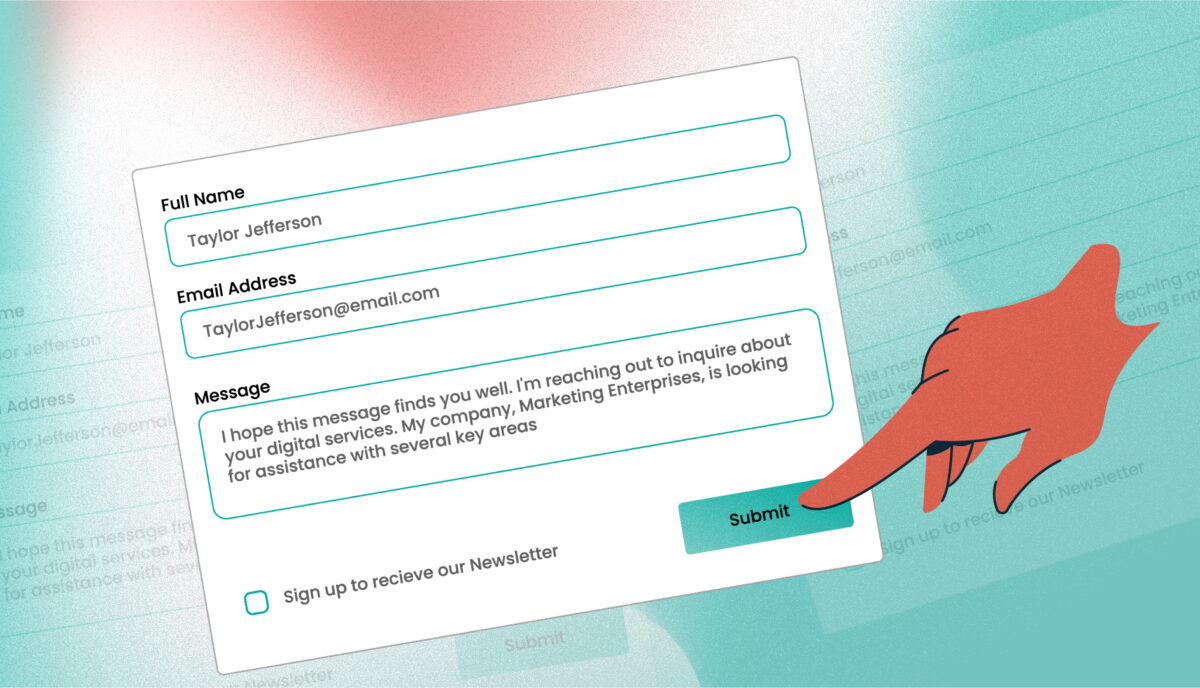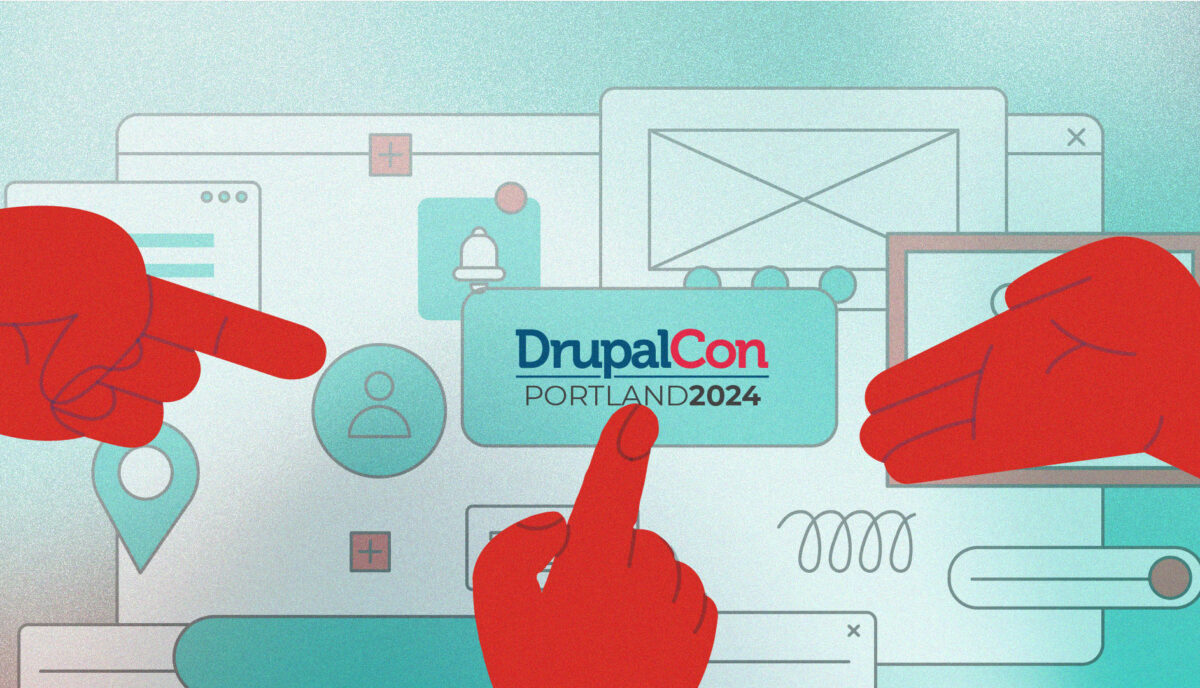Healthy Humans & the Importance of Being Unnecessary
Oomph offers a sabbatical program where we take four consecutive (paid) weeks off every four years on the Team. It’s an awesome benefit that I recently opted into.
People have used this sabbatical program to take spectacular trips to places where a week or two just wouldn’t be enough time. Someone else used it as an opportunity to start writing a book. Our family chose to slow life down a little bit during our favorite time of year. Here’s what I learned during this experience.
Being unnecessary is really important for keeping both humans & companies healthy
Some of us thrive on being needed. This seems to be a common trait in the digital agency world. It feels good to be the expert in your own space. Agency burnout is common, and I bet it’s due in part to the constant reliance on individuals instead of teams.
Taking time off sometimes means you come back to a bigger pile of work because no one is doing it while you’re gone. This contributes to higher rates of turnover in the tech space — if people don’t see a way to hand off or automate some of their work, changing companies seems the easiest (if not the only) way to advance their skills and career or even just get a break.
The beauty of taking off four consecutive weeks is that you have to hand off some of your responsibility. The company needs to continue moving while you are gone, so the sabbatical program has built-in mechanisms for pre-planning and responsibility sharing while a team member takes a break.
The month before my sabbatical was focused on making sure everything would run smoothly while I was not in the office. I had to prioritize sharing and teaching pieces of my daily work to others. With this different perspective I took the time to look at my workload as a whole and sort it into critical things that help the business grow, important things that need to get done, and items that used to be useful, but have become redundant over time. While in the weeds of daily work, it can be difficult to identify tasks that can be removed to gain back valuable time.
By the time my sabbatical started, I was organized. Another Oomph’er commented, “I don’t know what we’re going to do without you for a whole month!” It felt gratifying to confidently reply that Oomph would be just fine without me.
Learning to let go a little bit and trust the team was healthy for me. It created room to pick up my head and see what’s next. And having a team of smart people that take some time to see what’s coming next keeps Oomph healthy as a company.
Autumn is the best season of the year
We can debate this if you’d like, but I live in New England, and I just don’t think you can beat the clear, crisp fading of summer to fall. The days are sunny, nights are perfect hoodie and campfire weather, and the landscape slowly changes from green to red, orange, and yellow. “What a perfect day!” was proclaimed almost every day.
You don’t have to love Autumn as much as I do, but picking a favorite month and taking some time to just enjoy it is really good for your mental health.
For people who work in technology everyday, making physical things is important
Some days we get to the end of our to do list and wonder what was actually accomplished. We are in front of a computer for the entire day, and while we are doing real things that affect real people, there is an inherent intangible aspect to the work. For me, this results in a need to create physical things. “Makers Month” became part of my sabbatical plan.
My dad offered me a pile of rough cut lumber from trees on the land that I grew up on. It is beautiful and sentimental, but I knew almost nothing about woodworking. During my sabbatical I learned how to use a jointer and planer, built a (very homemade) router table, made jigs, and managed to safely cut wood with a table saw. I tried out many hand tools for woodworking, and learned a lot about the value of space and a good dust collection system in a woodworking shop.
Upon further reflection, I realized that I have always balanced my work with tangible things without realizing it. Taking the time to learn something so hands-on and realize why that aspect of my life is important makes me a healthier human.
The verdict? I’m not ready to “give up my day job,” but building something tangible is very satisfying!
Disconnecting from my daily work routine included more than expected
One of the fun side effects of working at an agency is the swag. I have a lot of comfy Oomph t-shirts! While on sabbatical, though, I found myself avoiding even my favorite ones. I also didn’t drive into Providence where our HQ is located for the entire month despite it being more convenient than some of the places we chose to go instead.
And the strangest thing, I did almost no baking in September. Anyone who knows me knows that I love to bake. In hindsight, this is the natural tangible counterpart to my digital work. The most baking I did was the night before returning to work. Somewhere in my brain, when I turned off work for the month, I turned off its counterpart too.
I appreciate how disconnected I was able to be and it is particularly interesting to notice the little bits of my life that were unknowingly attached to my job.
The working parent struggle is real, but can also be an excuse
This one might be the most controversial item on my list because it isn’t true for everyone, but it rings especially true for me.
My partner and I have a four-year-old daughter. She is amazing and we love her dearly. She is also exhausting and infuriating, as all kids her age are. Because we both work full-time, we let some things slide — unmade beds, dishes in the sink, trips to McD’s for dinner. I had grand visions of a perfect home during sabbatical since there would be 40 “extra” hours each week.
This is a good time to take a moment and voice how much respect I have for all of the stay-at-home parents out there. Your job is difficult and commendable!
During that month my mess didn’t magically get cleaned up. During the first week we were still decompressing from work. By the second week, I had to admit that maybe it’s not work’s fault. Maybe I’m just not good at making the bed in the morning. While it was a discouraging revelation at the time, I appreciate the insight. Now I notice when I start using the work excuse. I have learned to enjoy the intentional choice to make the bed, load the dishwasher, or cook a real family dinner on a weeknight.
I rediscovered that I like my job
This one sounds cliche, but is so important. No one loves their job everyday, and everyone goes through a funk now and then, but I can honestly say that I am a better person because I enjoy what I do at Oomph.
Disconnecting from work for a month let me take time to consider life decisions more objectively, and come back with fresh eyes. It was a notable experience to take time and feel which parts of my job I missed, looked forward to, and dreaded. As I steer my own career growth, I can honestly evaluate whether I’m going in the right direction.
Not everyone would conclude that they like their job after a month off, but that is certainly valuable too. If you aren’t satisfied in your job, it’s best for both you and your company to acknowledge that and figure out how to fix it.
Everyone should take a sabbatical
When we rolled out the sabbatical program, management was nervous that everyone would want to take off immediately. That hasn’t happened. In fact, the opposite is true — there are many people eligible who have not planned one yet. It took me a year before I scheduled it! The idea of taking that much time off without having a really extensive plan can be intimidating, but I hope that my choice to wing it a little bit will help others on the Oomph Team give it a try.
If you have the option of disconnecting from your work for four weeks, do it. It’s an awesome experience. As an individual, I came back feeling refreshed and excited about my job. For our Team as a whole, sabbaticals provide a sense of stability when business goes on as usual no matter who is away and it creates empathy as people do a little bit of cross training. For the company, it lowers our risk of dependency on individuals instead of the Team.
Sabbaticals are an expensive benefit to offer, but from what we’ve seen so far, they are more than worth it. They keep our people and Oomph healthy. Drop me a line if you’d like to discuss our experience implementing (or utilizing) this benefit. And if you’d like to learn more about joining the Oomph Team, head over to our Careers page!



